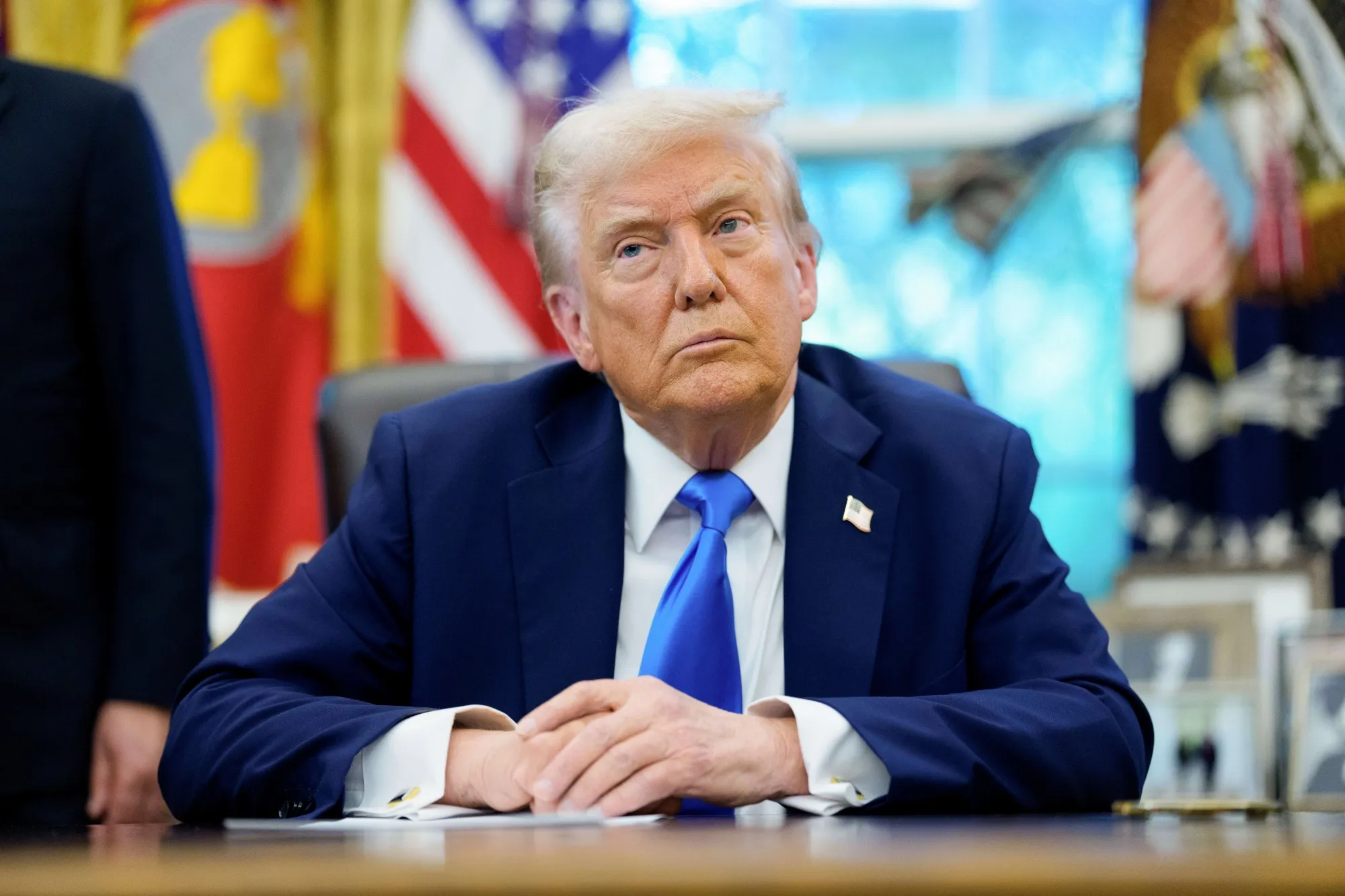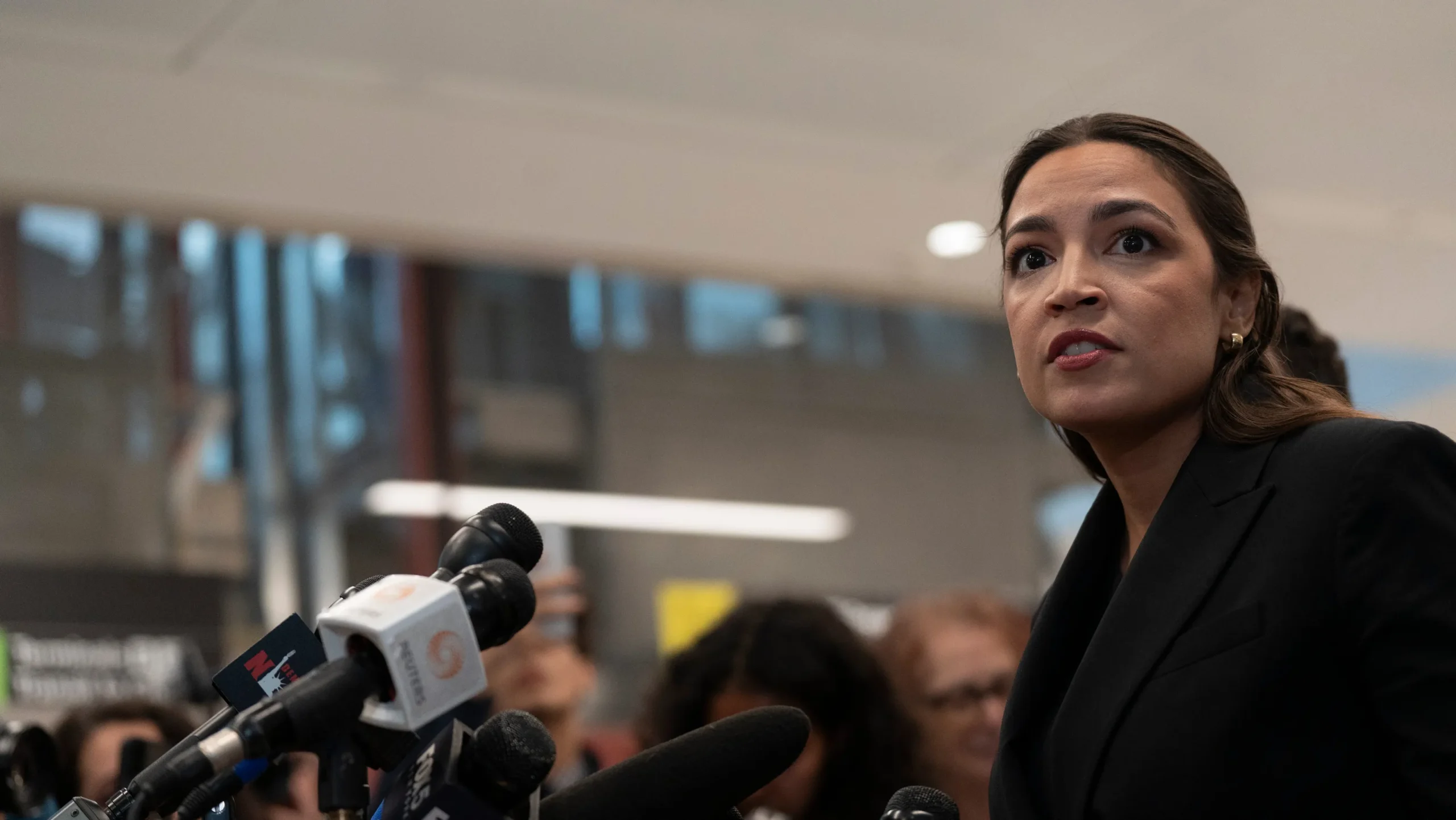Now Reading: Trump Orders US Strike on Narcotics Vessel, Three Killed in International Waters
-
01
Trump Orders US Strike on Narcotics Vessel, Three Killed in International Waters
Trump Orders US Strike on Narcotics Vessel, Three Killed in International Waters

In a bold move against international drug trafficking, former US President Donald Trump has authorized a military strike on a narcotics-laden vessel in international waters. The operation resulted in three deaths and underscores the ongoing challenges faced by the US in combating global drug smuggling networks. The decision also raises questions about jurisdiction, international law, and the broader impact on global trade and security.
Details of the Strike
The US Navy carried out the strike after tracking the vessel suspected of transporting large quantities of illegal drugs to the United States. According to official statements, the action targeted the crew and cargo directly linked to the narcotics trade. The operation is part of a broader US strategy to disrupt drug supply chains before they reach American shores.
International and Legal Implications
The strike in international waters has triggered discussions about legality under international maritime law. While the US justifies the action as part of its anti-narcotics efforts, critics argue that military interventions on foreign vessels can escalate tensions and complicate diplomatic relations with other nations involved in international trade routes.
Impact on Global Narcotics Networks
The operation is expected to disrupt operations for specific trafficking networks temporarily. However, experts note that such strikes are only one component of a larger approach needed to combat global narcotics trade, including intelligence sharing, international cooperation, and domestic enforcement measures in source and transit countries.
Conclusion
The US strike highlights the ongoing global battle against narcotics trafficking and the complex challenges of enforcement in international waters. While it demonstrates a firm stance against drug smuggling, it also underscores the need for careful navigation of legal, diplomatic, and strategic considerations in future operations.

























